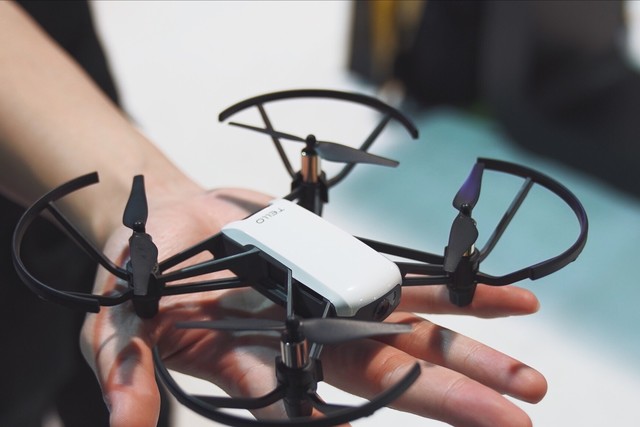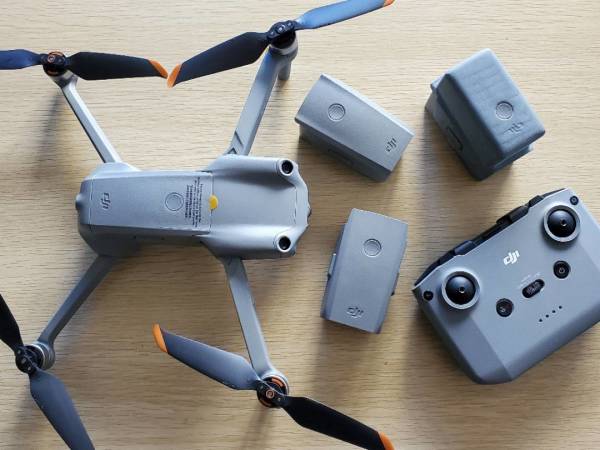Drones have revolutionized many industries, and one of the most exciting advancements is the integration of infrared cameras. Infrared cameras enable drones to capture images and video beyond the visible spectrum, providing invaluable insights in various applications. These drones are used in search and rescue operations, wildlife monitoring, agricultural surveys, and even security and surveillance tasks. The capabilities of drones equipped with infrared cameras open up numerous possibilities, making them an indispensable tool for professionals and hobbyists alike.
Understanding Infrared Technology
Infrared technology works by detecting thermal radiation emitted by objects. This allows cameras to visualize temperature variations, which can be crucial in identifying subjects in low light or complete darkness. Many modern drones equipped with these cameras can effectively sense the heat emitted from bodies, machinery, or wildlife, showcasing a spectrum invisible to the human eye.
Applications in Search and Rescue
One of the most critical uses of drones with infrared cameras is in search and rescue operations. Finding missing persons in dense forests or locating disaster survivors becomes more efficient when drones can detect body heat even in challenging environments. These drones can cover large areas quickly, providing real-time data that enhances the effectiveness of rescue efforts.
Wildlife Monitoring and Conservation
 In the realm of wildlife monitoring, infrared-equipped drones offer unique advantages. They allow researchers to track animal movements at any time, without disturbing the ecosystem. This technology aids in observing nocturnal animals, studying their behavior, and identifying species in danger due to habitate loss or poaching.
In the realm of wildlife monitoring, infrared-equipped drones offer unique advantages. They allow researchers to track animal movements at any time, without disturbing the ecosystem. This technology aids in observing nocturnal animals, studying their behavior, and identifying species in danger due to habitate loss or poaching.
- Enhancing Agricultural Efficiency:
- Improving Security Measures:
Drones with infrared cameras can also optimize agricultural practices by monitoring plant health. They capture thermal signatures that can indicate water stress, disease presence, or nutrient deficiency in crops.
Security applications benefit from infrared technology, as it helps in perimeter surveillance, detecting unauthorized intrusions, and monitoring large events.
Choosing the Right Drone When considering a drone with an infrared camera, it’s essential to evaluate factors like camera resolution, flight time, and stability. Higher resolution cameras offer greater detail in thermal imaging. Long flight times ensure the drone can cover more ground before needing a battery recharge. Stability is crucial, especially in windy conditions, to maintain clear and precise imaging.
Popular Models Available: Some of the leading models equipped with infrared cameras include the DJI Mavic 2 Enterprise Dual, Parrot Anafi Thermal, and Autel Robotics EVO II Dual. These models provide impressive thermal imaging capabilities catering to various professional needs.
Potential Limitations While drones with infrared cameras have numerous advantages, there are potential limitations, including short battery life due to the high energy consumption of the camera and the necessity for specialized training to interpret thermal data accurately.
Understanding and Mitigating Costs
These drones can be expensive, primarily due to the sophisticated technology they incorporate. Investing in such equipment requires a clear understanding of its benefits versus costs, ensuring that it meets your operational needs effectively.
Frequently Asked Questions (FAQs)

By harnessing the power of infrared technology, drones are becoming increasingly versatile, expanding their utility across numerous sectors.
